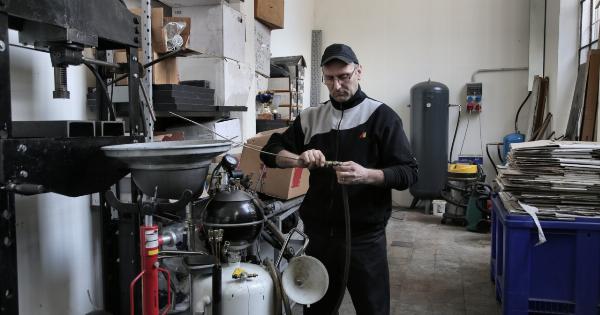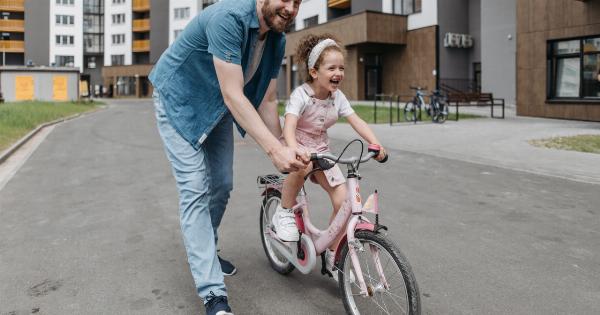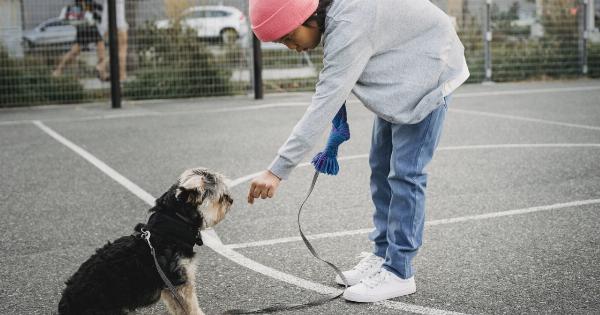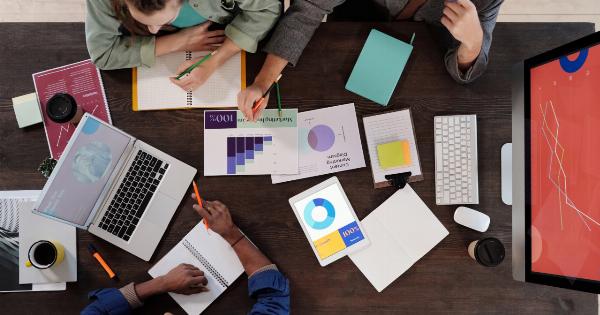Problem-solving is an essential skill in both personal and professional aspects of life. It involves the ability to analyze a situation, identify challenges, and come up with effective solutions.
While some individuals naturally excel at problem-solving, others may struggle to find the best approach. The good news is that problem-solving is a skill that can be developed and improved over time through the implementation of various strategies. In this article, we will discuss ten strategies that can help enhance your problem-solving abilities.
1. Define the Problem
The first step in effective problem-solving is to clearly define the problem you are facing. Take the time to gather all the relevant information, identify any underlying issues, and determine the desired outcome.
By having a clear understanding of the problem, you will be better equipped to find suitable solutions.
2. Break it Down
When faced with a complex problem, breaking it down into smaller, more manageable parts can be incredibly helpful. Instead of trying to solve the entire problem at once, focus on addressing one aspect at a time.
This approach allows you to tackle the problem in a systematic and organized manner, increasing the likelihood of finding effective solutions.
3. Think Outside the Box
One of the most common reasons for encountering obstacles in problem-solving is the lack of creativity. Instead of sticking to traditional solutions, try to think outside the box. Be open to new ideas and perspectives.
Approaching the problem from a different angle may lead to innovative and unexpected solutions.
4. Gather Information
Having access to relevant information is crucial when attempting to solve a problem. Take the time to gather data, facts, and insights associated with the issue at hand. Research the problem, consult experts, and draw upon credible sources.
The more informed you are, the better equipped you will be to make informed decisions and find appropriate solutions.
5. Brainstorming
Brainstorming is a widely recognized technique for generating ideas and solutions. Gather a group of individuals, preferably with diverse perspectives, and encourage them to contribute their thoughts and suggestions.
The goal is to generate as many ideas as possible without any judgment or criticism. After the brainstorming session, evaluate each idea and determine which ones are most feasible and relevant to the problem.
6. Experimentation
Problem-solving often involves an element of trial-and-error. Embrace experimentation as a part of the process. Test out different solutions, evaluate their effectiveness, and learn from any shortcomings.
By adopting an experimental mindset, you become more adaptable and open to exploring alternative paths.
7. Consider Multiple Perspectives
When tackling a problem, it’s important to consider multiple perspectives. Put yourself in the shoes of others who may be impacted by the problem or have valuable insights to offer.
This empathetic approach helps you gain a more comprehensive understanding of the problem and leads to more inclusive and effective solutions.
8. Seek Collaboration
Collaboration can be a powerful tool in problem-solving. Involve others who have relevant expertise or experience in the area of the problem. Two or more minds working together often lead to better solutions compared to working alone.
Additionally, involving others in the process creates a sense of shared ownership and commitment towards finding a resolution.
9. Analyze Past Solutions
Reflecting on past problem-solving experiences can provide valuable insights. Review how similar problems were solved in the past, understand what worked and what didn’t, and analyze the underlying reasons for success or failure.
This analysis will help you avoid repeating past mistakes and apply successful strategies to the current problem.
10. Practice Critical Thinking
Critical thinking is an essential component of effective problem-solving. It involves analyzing and evaluating information objectively, considering different viewpoints, and employing logical reasoning.
By honing your critical thinking skills, you will be better equipped to assess situations, identify potential obstacles, and develop innovative solutions.
Conclusion
Problem-solving is a skill that can be improved with practice and the implementation of effective strategies.
By defining problems, breaking them down, thinking outside the box, gathering information, brainstorming, experimenting, considering multiple perspectives, seeking collaboration, analyzing past solutions, and practicing critical thinking, you can enhance your problem-solving abilities. Remember that no one strategy fits all problems, so feel free to adapt and combine these strategies to suit your unique circumstances.
With dedication and persistence, you will become a better problem solver capable of overcoming challenges and finding optimal solutions.






























